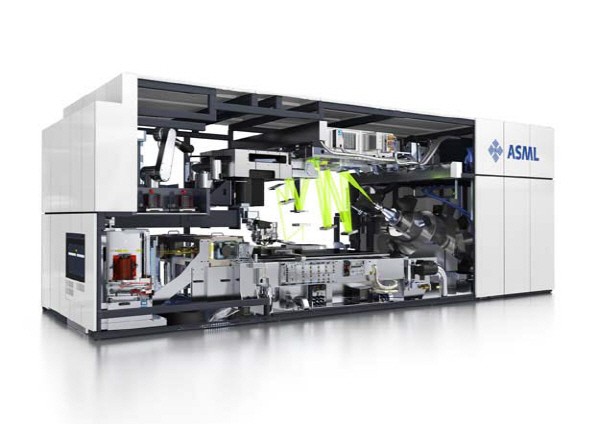
Japan and the Netherlands seem to be joining the US in regulating exports of semiconductor equipment to China.
On the 27th (local time), the US, Japan, and the Netherlands agreed to join China's semiconductor export regulation according to foreign media such as Bloomberg and the New York Times. The negotiations were held under the National Security Advisor of the US, Jake Sullivan. White House National Security Council (NSC) Strategic Communications Coordinator John Kirby said, “Mr. Sullivan has been negotiating with the Netherlands and Japan for several days. Hightech security issues were included among the various agendas. At an appropriate time, we will be able to distribute a press release.
We are grateful to the Netherlands and Japan for participating in the dialogue,” The US has been restricting the supply of advanced technologies to Chinese semiconductor companies since last October. It banned the sale of US semiconductor equipment and restricted the export of semiconductors used in artificial intelligence (AI) and supercomputers. The US later requested the Netherlands and Japan to join. This is to prevent major semiconductor companies such as ASML, which exclusively supplies extreme ultraviolet (EUV) exposure equipment for semiconductor advanced processes, and Japan's TEL, from supplying core equipment to China.
Bloomberg expects that exports of deep ultraviolet (DUV) equipment as well as EUV would be affected when the Netherlands and Japan added export restrictions. DUV is an equipment that implements less fine circuits compared to EUV, but it is still widely used in the market.
A Japanese exposure equipment company, Nikon, can also have an effect with the export restrictions. Samsung Electronics and SK Hynix may be affected since they have semiconductor factories in China. They are producing DRAM and NAND flash memory in China.
However, it will take time before actual implementation, because each country’s administrative procedures may take several months to be implemented. China's response is under the spotlight as the US’ restriction intensifies as it intends to keep China's semiconductor rise in check. ASML CEO Peter Wennink said in an interview with Bloomberg, “China will develop its own advanced semiconductor equipment If it can't get. It may take time, but China will ultimately develop its own equipment.”
Reporter Dongjoon Kwon (djkwon@etnews.com